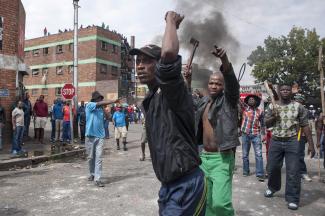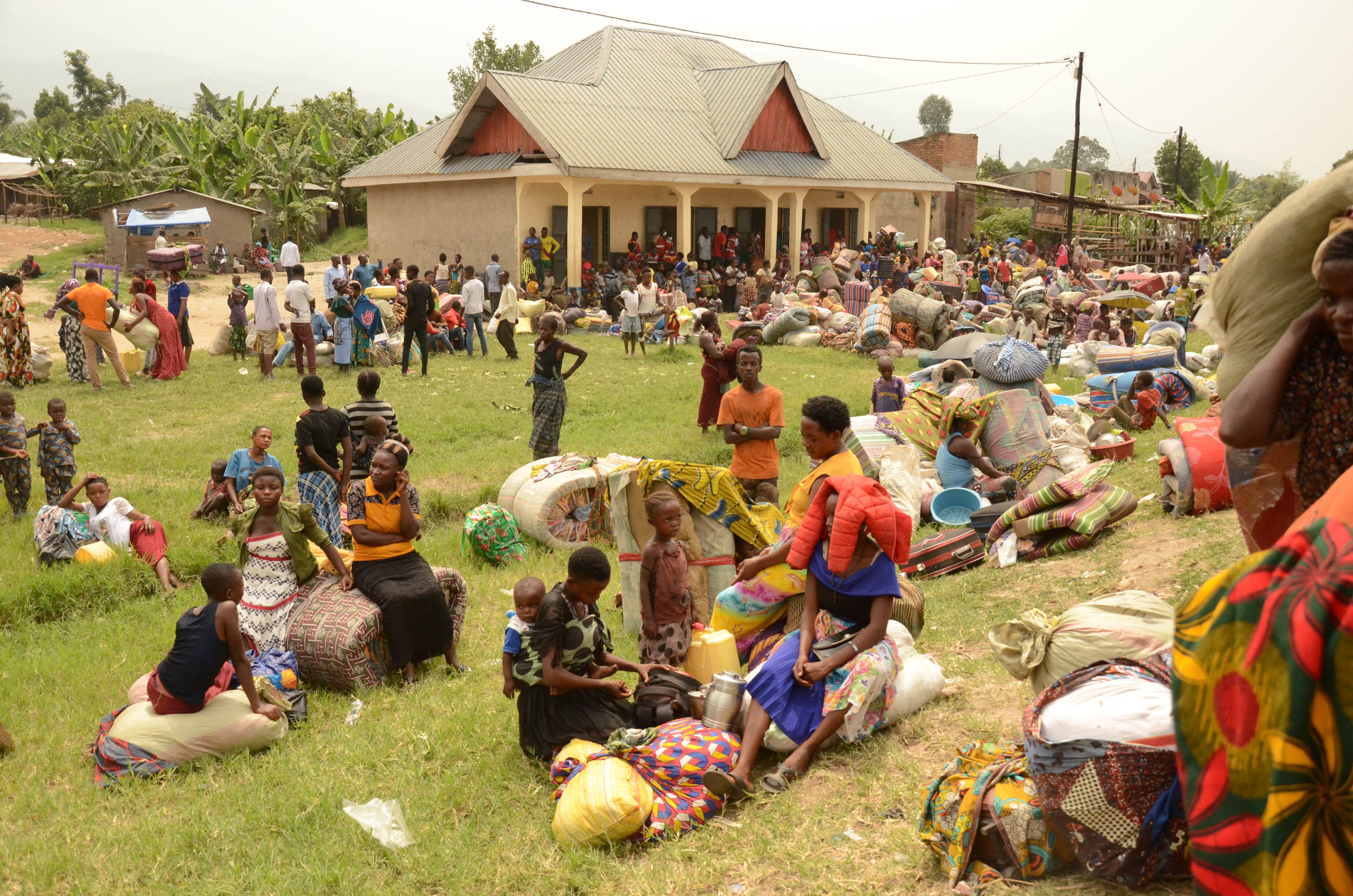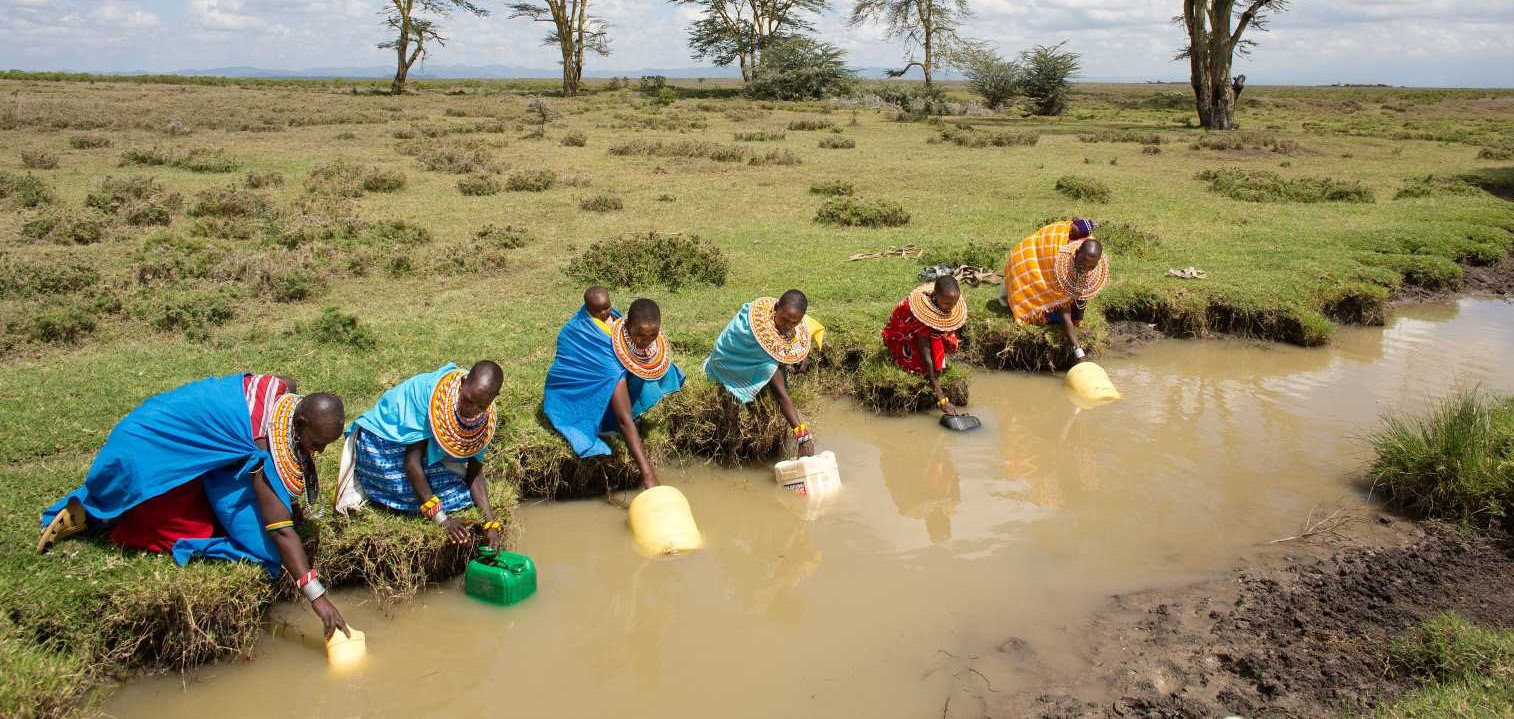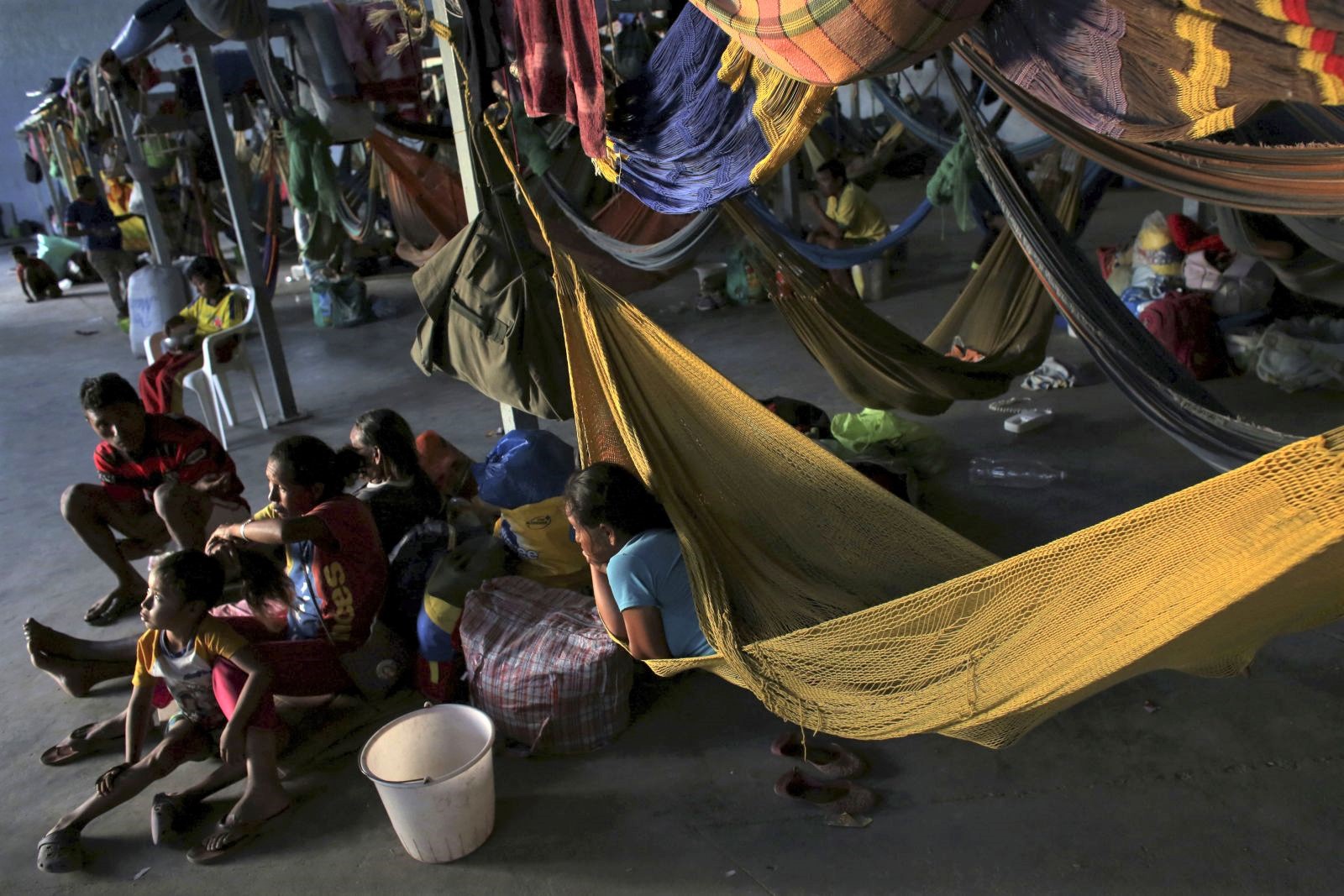Southern African Development Community
Murderous xenophobia

A loved one being tied to a used vehicle tyre, set alight and helplessly crying out in agony amid the flames. A loved one being locked up in a shack, sprinkled with petrol and burnt to death. Locals standing and watching helplessly, or, worse, encouraging the perpetrators. These are some of the visions which came to the minds of Zimbabweans when violence against foreigners erupted out in South Africa at the end of March.
We know such stories from previous xenophobic attacks in our neighbouring country – especially in 2008. The fear worsened when horrific images and videos were circulated via social media. An outbreak of violence in South Africa results in the same kind of panic as one in our own country because many Zimbabweans have close family members and friends in South Africa.
It is particularly depressing that the riots started after the media reported Zulu King Goodwill Zwelithini saying that foreigners “must pack their bags and go where they come from”. The violence started in Durban and spread to townships in and around Johannesburg, claiming at least eight lives and displacing thousands. Zwelithini now claims he was misunderstood, but his statement is widely believed to have triggered the violence.
Traditional leaders like Zwelithini are custodians of culture. They should educate their people about the historical links which transcend today’s national borders in Africa. For example, some Zimbabwean tribes have ties to some South African tribes. These kinds of links exist all over Africa.
We remember how South Africans relied on African solidarity in their struggle against apartheid. Now some elements have chosen to repay our solidarity by mercilessly killing fellow Africans. According to the police, some perpetrators are quite young. Perhaps they do not understand their country’s history. Traditional leaders like Zwelithini should be raising awareness.
It is absurd that some South Africans complain about foreigners “stealing jobs and women”. South Africa is one of the fortunate countries that have a functioning legal system. If someone steals something, the person concerned can seek legal recourse at low personal costs. But obviously, neither women nor jobs are “stolen”. Some of the violent perpetrators, moreover, lack the skills and qualifications needed for lucrative work of the kind that some foreigners are doing.
The victims of the xenophobic riots, however, were poor. They did odd, informal jobs like street vending or hairdressing at makeshift salons. Others were security guards, shop attendants and restaurant waiters. Put together, their earnings are far below the foreign revenues of various South African companies which dominate many markets in Africa.
South African retail companies run supermarkets and clothing stores all over the continent. The biggest mining company in Zimbabwe, Zimplats, is South African. South African banks operate in neighbouring countries alongside local banks which do not have branch offices in South Africa.
In recent weeks, nearly 1,000 Zimbabweans were repatriated with government and donor assistance. We hear sad stories of machete-wielding mobs and people armed with bricks and sticks, roaming streets, singing Zulu war songs and beating anyone thought to be non-South African. Some victims were set ablaze, but many others were robbed of their possessions and their hard earned cash – money they wanted to send to their families back home.
However, some South Africans have held demonstrations to prove that the xenophobic murders were the acts of a few misguided criminals.
Speaking at a meeting of the Southern Africa Development Community’s heads of state in Harare on 29 April, President Robert Mugabe said migrants must lessen the burden on the South African economy by returning to their countries. The South African government estimates that there are more than 5 million immigrants within its borders. The returnees face a bleak future at home, where the unemployment rate is close to 90 % and companies keep folding up. To escape political instability and economic misery, crossing the border into South Africa used to be an option, but not anymore.
Jennifer Dube is a journalist from Zimbabwe.
jdube2008@gmail.com












